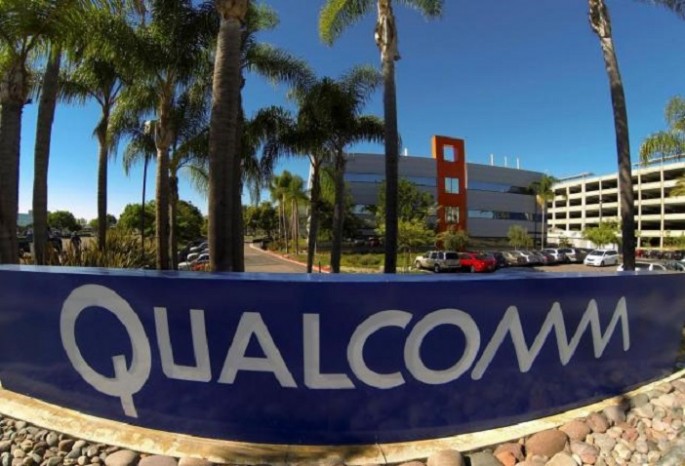Qualcomm will be producing custom chips for China as U.S.-based tech companies localize their products in fears of being regulated by a stricter Chinese government.
Qualcomm's customized chips will go into servers that store company information and power data centers, wrote The Wall Street Journal. Production will start in the second half of 2017.
One of the world's largest suppliers of smartphone chips, Qualcomm is eyeing servers as the next frontier of growth that will complement the slowing market for smartphones.
According to Qualcomm president Derek Aberle, the U.S. chipmaker inked a joint venture with the Guizhou Province last year partly on expectations that server demand in China will outpace that of the U.S.
"This is really going to be the primary vehicle from which we build our data center business in China," Aberle said in an interview with the WSJ.
"We are actually trying to create the company that is going to be able to win the market here as opposed to just licensing old technology," Aberle added.
The Guizhou government holds a majority stake in the 55-45 joint venture, which has about $280 million initial funding, according to the WSJ.
Qualcomm's agreement with the Chinese government is seen as a strategic venue to address the issue of security, which prompted officials to impose tighter requirements on foreign tech vendors.
"The Qualcomm joint venture will likely address the matter of security by developing 'something very specific to China,'" Aberle was quoted as saying in the WSJ report.
"That's a difference from where you've got a complete solution and you're trying to bring that in," Aberle said.
Qualcomm is not the only company seeing a huge potential in the server market. Intel, through CEO Brian Krzanich, revealed recently that it is eyeing servers and data centers for future growth, along with the Internet of Things.




























